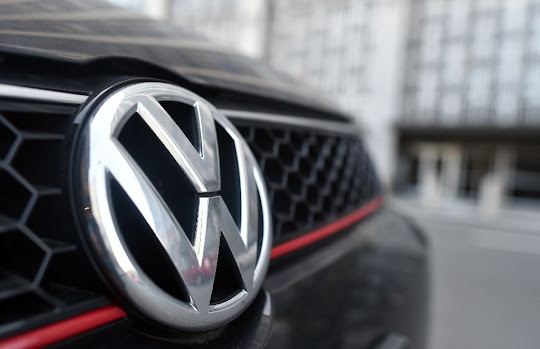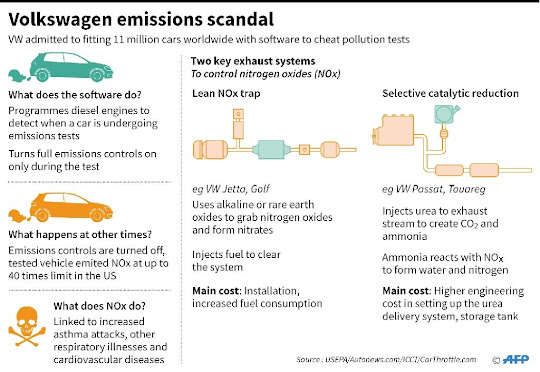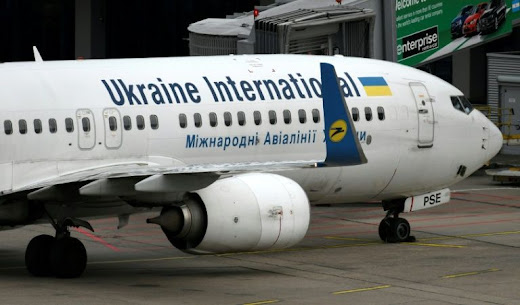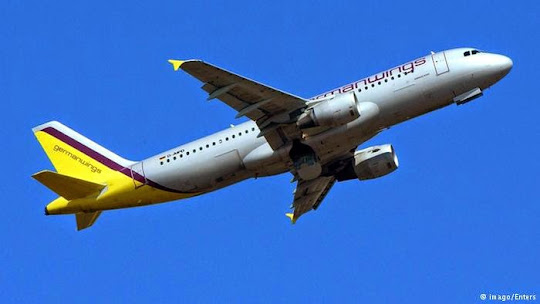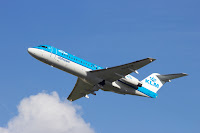Japanese
automaker Mitsubishi on Wednesday admitted it manipulated
fuel-efficiency tests in more than 600,000 vehicles, after reports of
misconduct sent its Tokyo-listed shares crashing earlier in the day.
The
embarrassing revelation comes in the wake of a massive pollution-cheating
scandal at Volkswagen (LSE: 0P6N.L - news) that erupted in September and which
the German giant is still struggling to overcome.
It (Other
OTC: ITGL - news) also marks the latest blow for Japan Inc after auto parts
giant Takata (Frankfurt: 7TK.F - news) was hammered by an exploding air bag
defect blamed for at least 11 deaths, and as Toshiba (Swiss: TOSH.SW - news)
tries to recover from a huge accounting scandal.
Mitsubishi
said it would halt production and sales of the affected vehicle models --
mini-cars sold in Japan -- and warned that the number of affected vehicles
would likely rise.
The maker
of the Outlander sport utility vehicle also said it would launch a probe into
cars it sold overseas.
"We
found that with respect to the fuel consumption testing data... (the company)
conducted testing improperly to present better fuel consumption rates than the
actual rates," Mitsubishi president Tetsuro Aikawa told a Tokyo news briefing.
He added
that the testing method was "different" from one required by Japanese
law, and warned that the automaker's bottom line would take a hit.
"This
is not a simple problem and we need time (to assess the impact),"
Mitsubishi's top executive said.
"But
I'm sure there will be an impact. The damage will be big."
The problem
affected about 625,000 vehicles, including mini-cars "eK Wagon" and
"eK Space", and the "Dayz" and "Dayz Roox", which
Mitsubishi produces for rival Nissan.
The rigged
figures were discovered after Nissan found inconsistencies in fuel-economy data
and reported it.
"In
response to Nissan's request, Mitsubishi admitted that data had been
intentionally manipulated in its fuel economy testing process for
certification," Nissan said.
Independent investigation
Japan's
number-two carmaker ordered a halt to sales of the vehicles that Mitsubishi
produced and tested.
A company
spokesman declined to comment on the future of Nissan's business relationship
with its smaller rival.
"Our
focus is on our customers," he said.
Mini-cars,
or kei-cars, are small vehicles with 660cc gasoline engines that are hugely
popular in the Japanese market, but have found little success abroad.
Mitsubishi
sold more than a million vehicles at home and overseas in its latest fiscal
year.
"Taking
into account the seriousness of these issues, we will also conduct an
investigation into products manufactured for overseas markets," the
carmaker said in a statement.
"In
order to conduct an investigation into these issues objectively and thoroughly,
we plan to set up a committee consisting of only external experts. We will
publish the results of our investigation as soon as it is complete."
Earlier
Wednesday, Mitsubishi shares plunged 15.16 percent to 733 yen ($6.73) after
local media reported the faulty emissions tests.
"This
may be different from Volkswagen's issue, but the market has become very
sensitive to such kind of news," Seiji Sugiura, an analyst at Tokai Tokyo
Research Center, told Bloomberg News.
"It
may have a similar impact in terms of sales and the company's reputation."
The fall in
Mitsubishi's stock was its biggest one-day plunge since 2004.
At that
time, Mitsubishi was struggling to launch a turnaround as it teetered on the
edge of bankruptcy, hit by a lack of cash and a series of huge recalls linked
to serious defects.
"It's
not the first time for Mitsubishi to have this kind of issue, and this
definitely won?t help them rebuild their reputation," Sugiura said.
Volkswagen
has been hammered by a global scandal that erupted when it emerged that it had
installed emissions-cheating software in 11 million diesel engines worldwide.
The costs
of the scandal are still incalculable but are expected to run into several
billions of dollars as a result of fines and lawsuits.
South
Korean automakers Hyundai and Kia in 2014 agreed to pay $100 million to settle
a US government investigation into exaggerated fuel efficiency on 2012 and 2013
car models sold in the United States.
Related Article:


